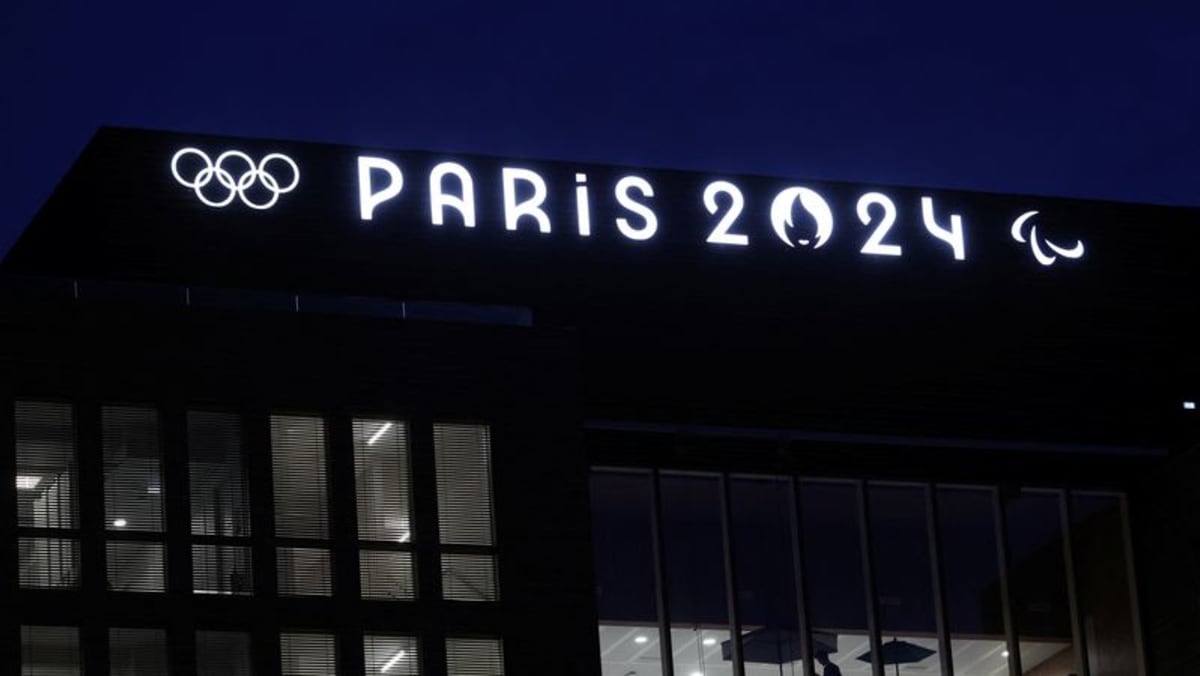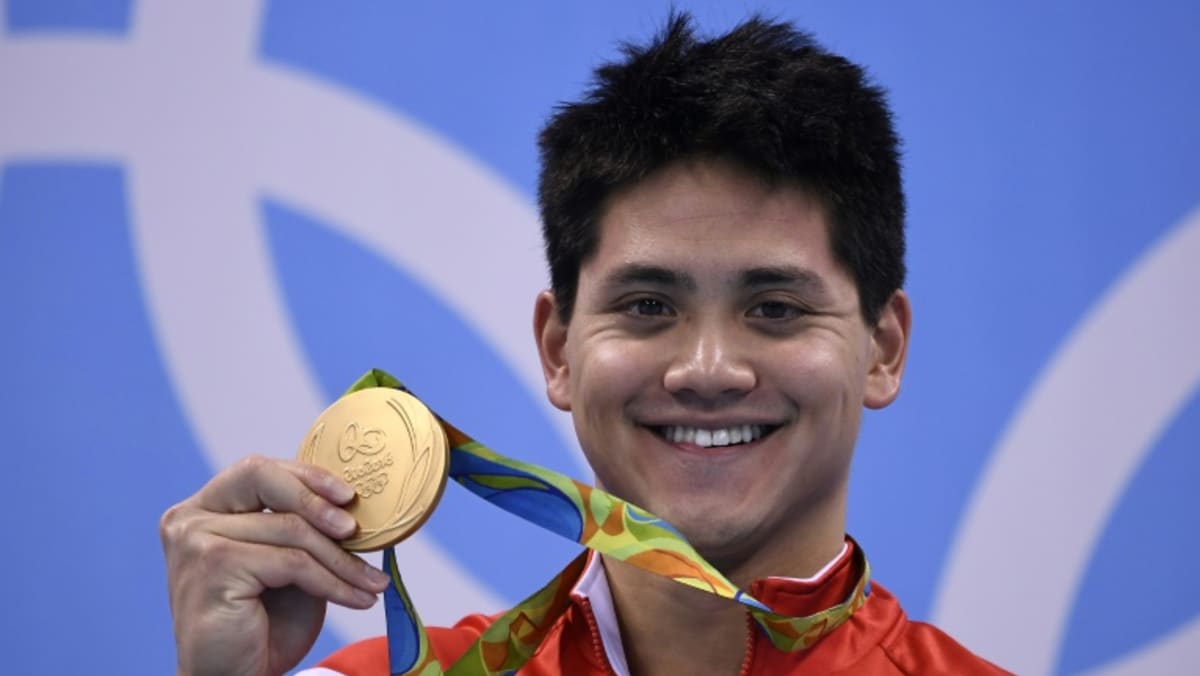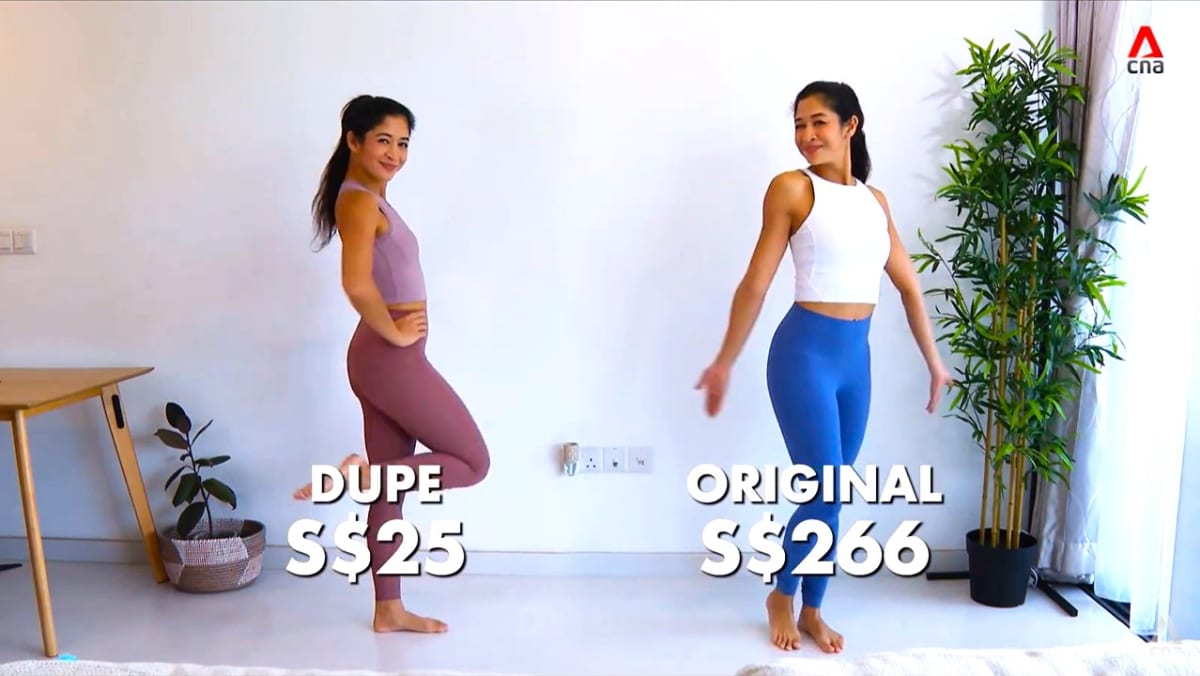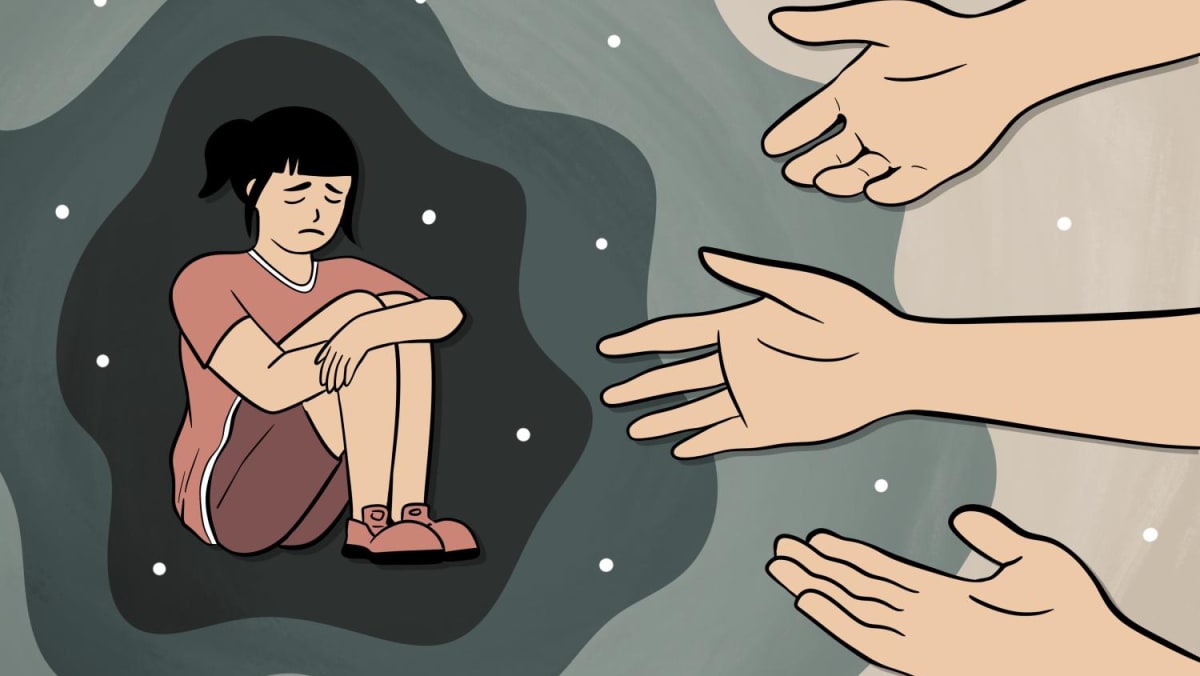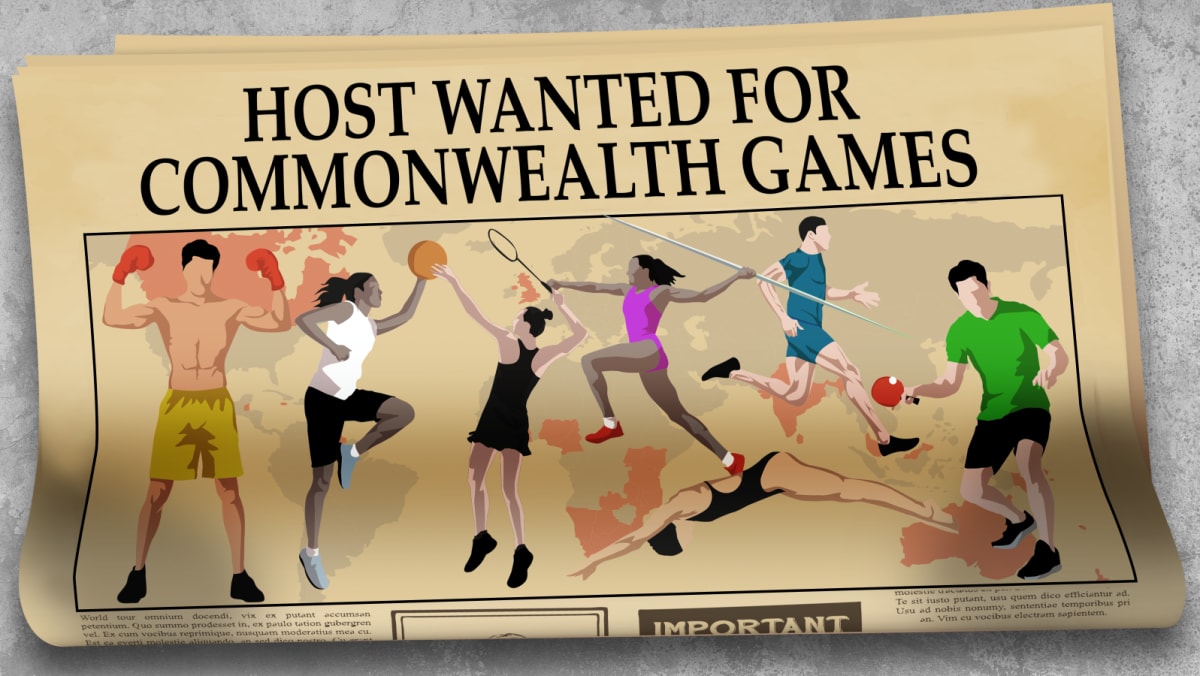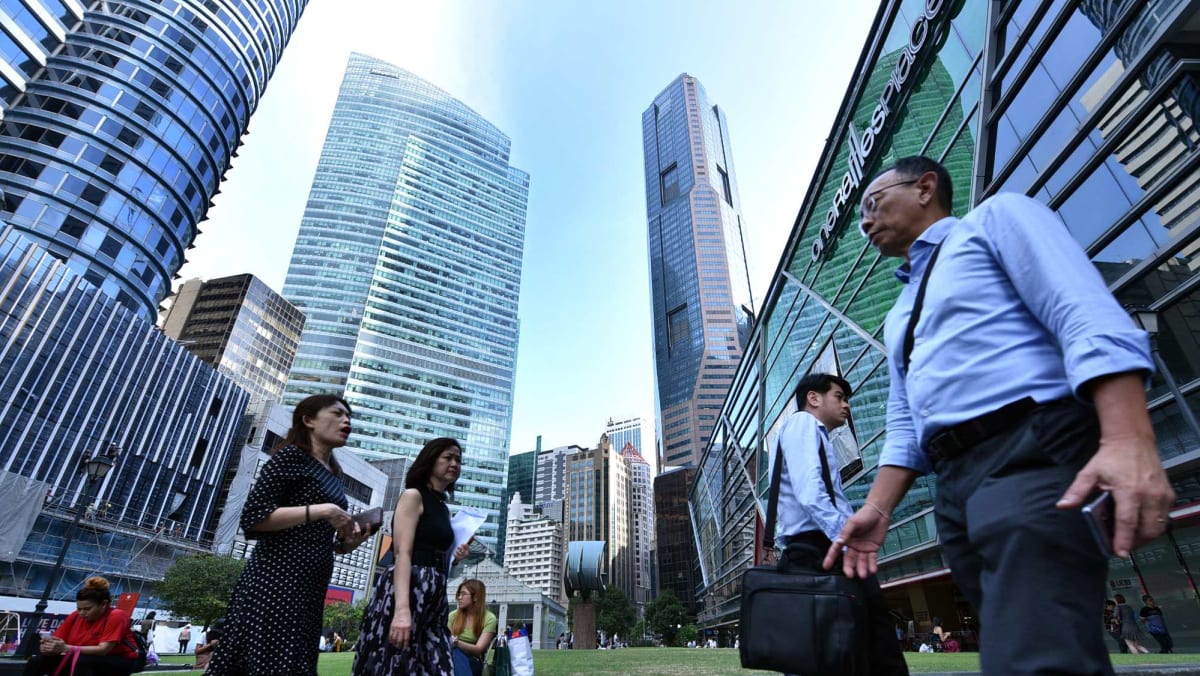General participation numbers in swimming have largely remained the same before and after Schooling’s win in Rio, with a Sport Singapore spokesperson describing these as “fairly consistent” since 2015.
According to findings in an annual survey by SportSG, swimming was ranked fifth (9 per cent) last year in top activities among participants aged 13 and above. Eight years ago, swimming was ranked third at 8 per cent.
Still, in the aftermath of Schooling’s gold, swim schools received a surge in enquiries, as coaches Cheah and Lim both attested to.
Singapore Aquatics also told CNA there was an increase in the number of its affiliates, which include swim schools and clubs, from 77 in 2016 to 102 in 2024.
The challenge for the national sports association is to advance those in “Learn to Swim” programmes to development and competitive swimming programmes, and overcome attrition, said Chay.
He said there was a big difference between the commitment needed for entry-level programmes and competitive levels, where training can be 10 times a week for six hours a day.
National head coach Gary Tan told CNA that the need to grow Singapore’s talent pool has remained an issue, even after Schooling’s win.
“We know that the pipeline is still not coming through so there’s a lot of effort and emphasis placed on that department,” he said.
Tan believes that support for athletes should be provided from an earlier stage, rather than it being retroactive after they achieve success and results.
“In the first two years (after Schooling’s win) yes, there was a lot more support for us,” he said.
“But it was as if people were just playing catch-up … If we really want to take it seriously, it should start before that.”
Tan pointed to the Sport Excellence Potential (spexPotential) scholarship, rolled out last year, as a source of help for junior athletes.


